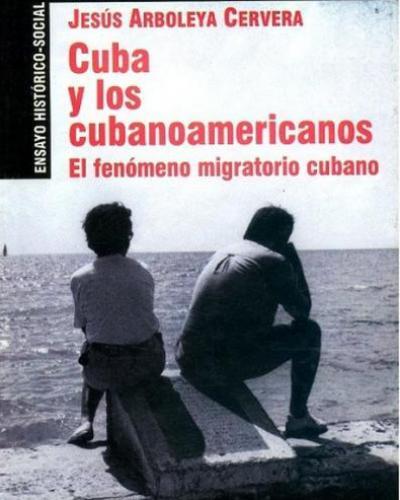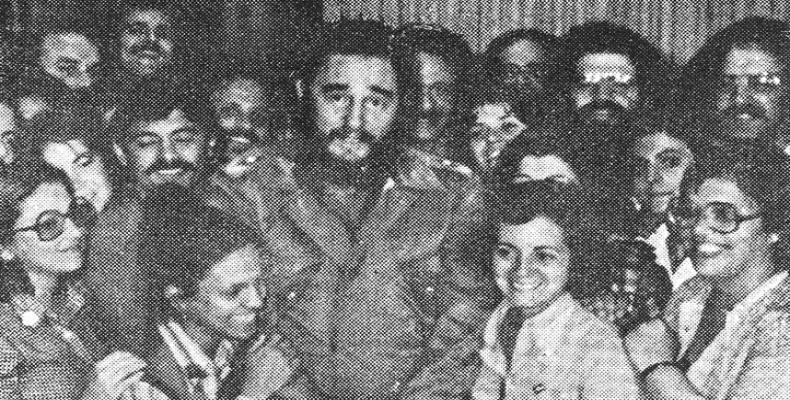
As the world confronts the new coronavirus Covid-19 pandemic, it is a moment to appreciate the Cuban Revolution, which possesses qualities needed at this time, namely, a commitment to science and solidarity. By Charles McKelvey... More
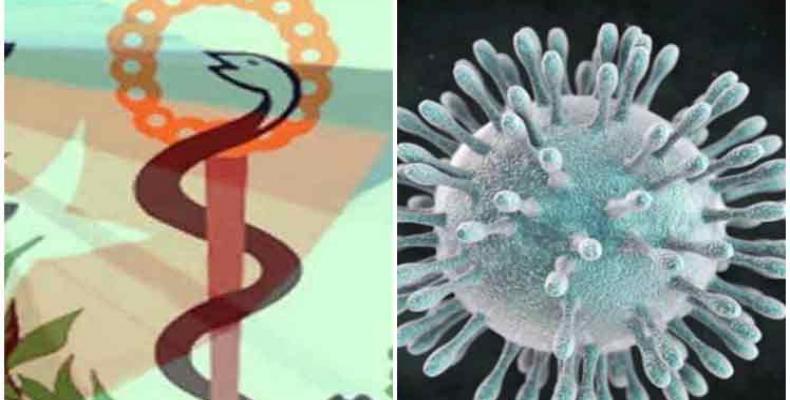
“The best medicine is the one that prevents us from being ill”, expressed Jose Martí, the Cuban independence hero, more than a century ago, and this conviction governs the health policy that is firmly applied in Cuba in these times when the world faces the Covid-19 pandemic. ... More
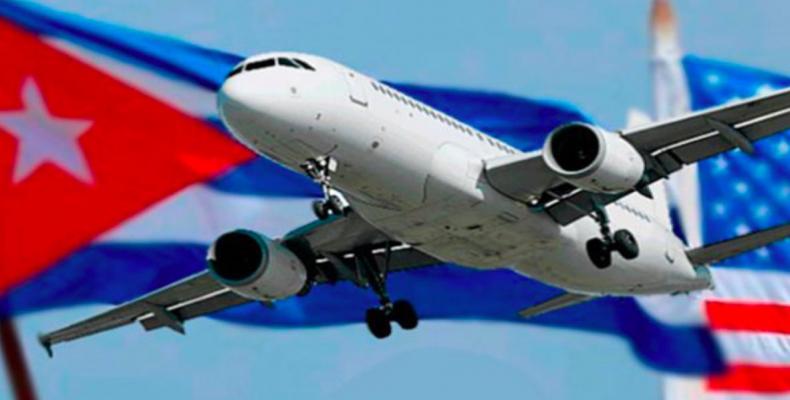
"If the President of the United States, Donald Trump, traveled to Vietnam, why aren’t we able to visit our family? So asked on the social media an apparent Cuban emigrant as Miguel Santana on Social Networks, opposed to the reduction of commercial and charter flights to Cuba.... More
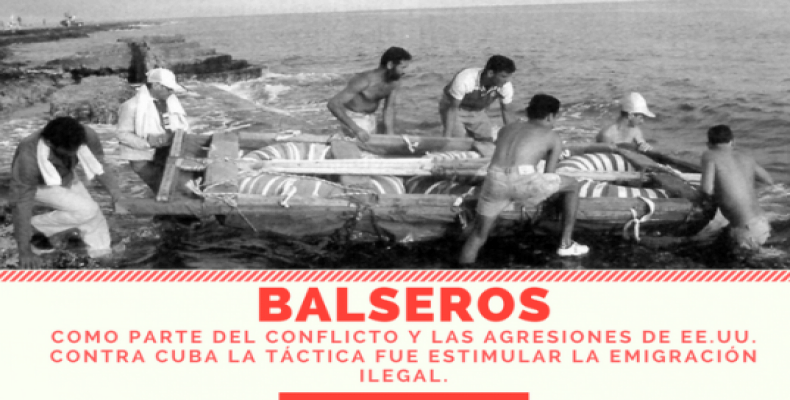
The economic crisis of the early 1990s in Cuba, resulting from the collapse of the Soviet Union and the socialist bloc, provoked another wave of emigration by those Cubans who were oriented to facing the challenge of migration in order to amplify their options in a more developed society. By Charles McKelvey... More
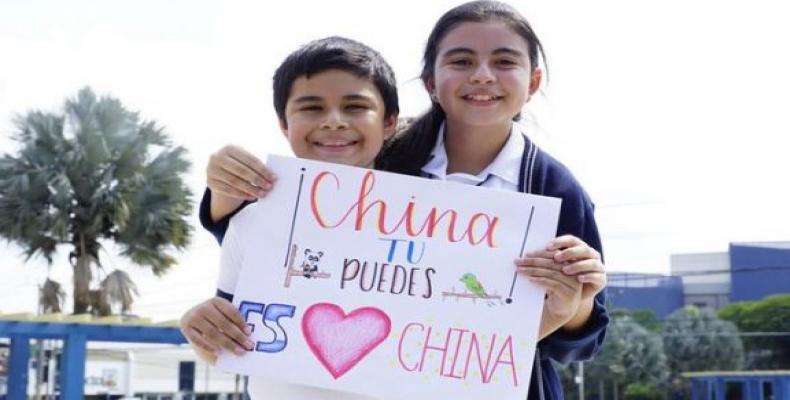
By stoking pernicious anti-Chinese sentiments, instead of focusing on fighting the epidemic in their own country, some U.S. rumormongers only encourage fear, division and hate.... More
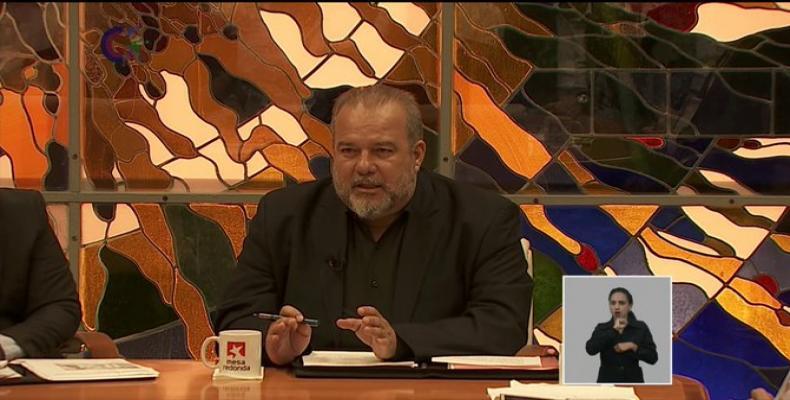
An important stage on the confrontation of the new coronavirus that affects the world begins in Cuba with the encouragement of the workers organizations to hold meetings, in order to confront the challenge with greater knowledge. ... More
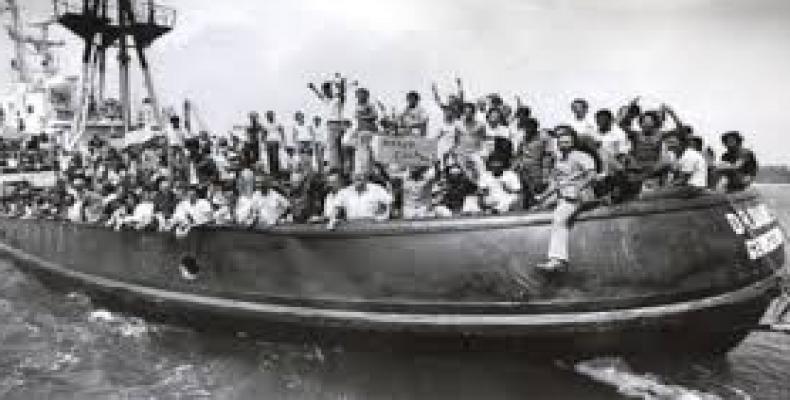
Between 1959 and 2010, some 1,539,650 persons emigrated from Cuba, representing approximately 8% of the Cuban population. Some 80% of the emigrants settled in the United States. by Charles McKelvey... More
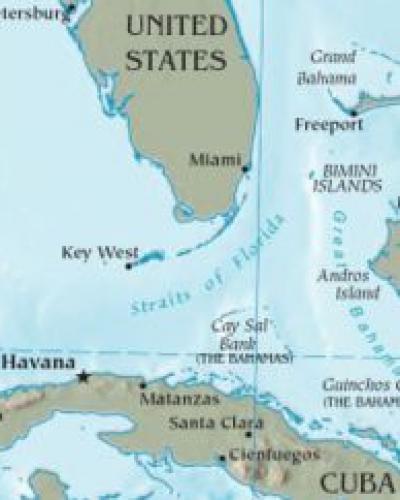
It was not absolutely necessary for the United States of America to confront and attempt to destroy the triumphant Cuban Revolution in 1959. An alternative road was possible. ... More
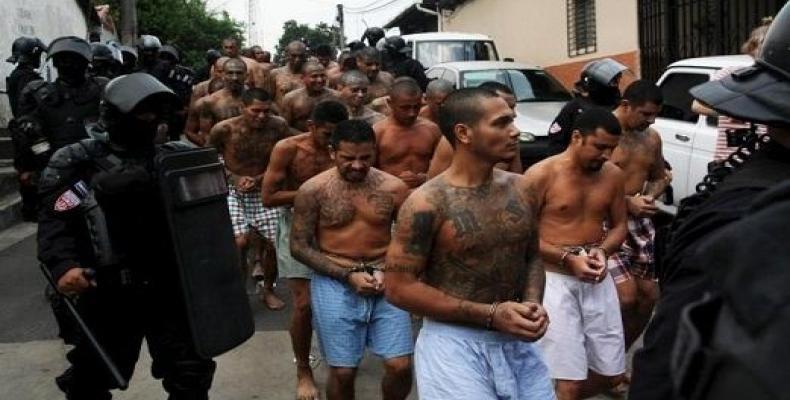
People may have the widespread conception of the Maras, the fearsome youth gangs, as groups of violent and socially maladjusted young people who extort and instill fear in their communities, since this is how they were in the beginning; but nothing is further from the truth now. ... More
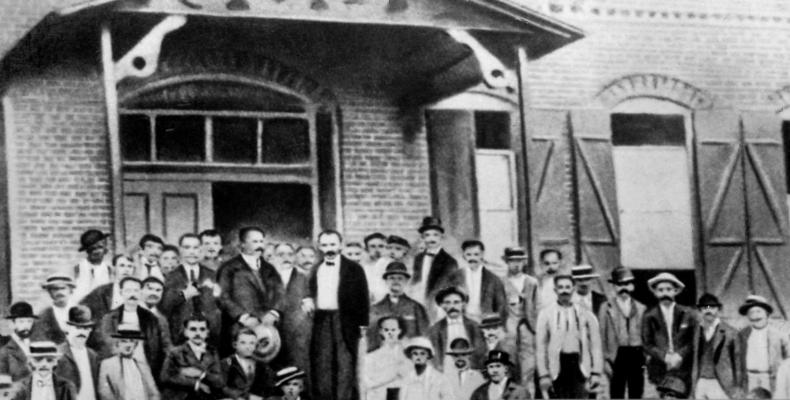
The United States has been the natural destiny of Cuban emigration since the nineteenth century, as a result of their geographical proximity and increasingly growing economic relations. By Charles McKelvey... More
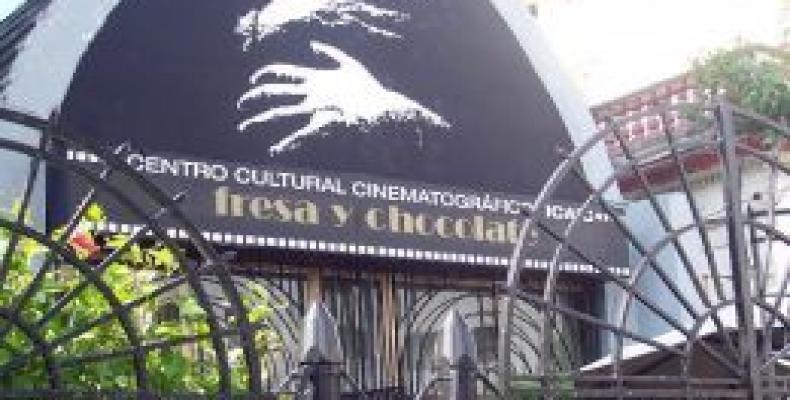
On February 29 at the weekly event Sabatina of the Cultural Center Fresa y Chocolate in the Vedado section of the City of Havana, Dr. Jesús Arboleya gave a talk, “Cuba and the Cuban-Americans confront the Trump Administration: To where will the pendulum swing?”... More
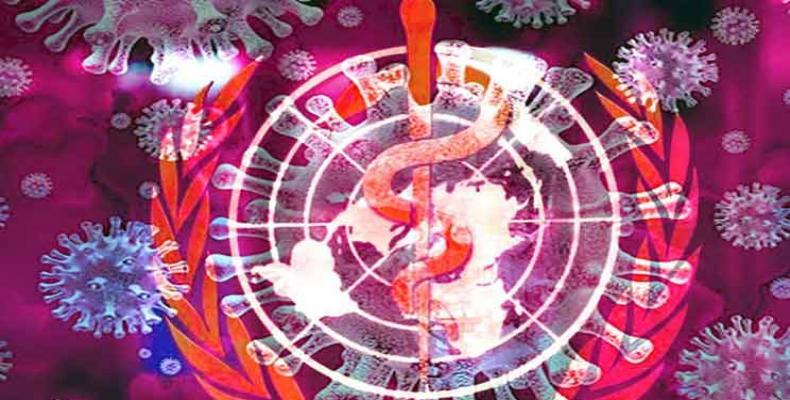
Facts proved that epidemic respects no borders and its outbreak leaves no one out, as an increasing number of cases in more countries were reported over the last few days.... More
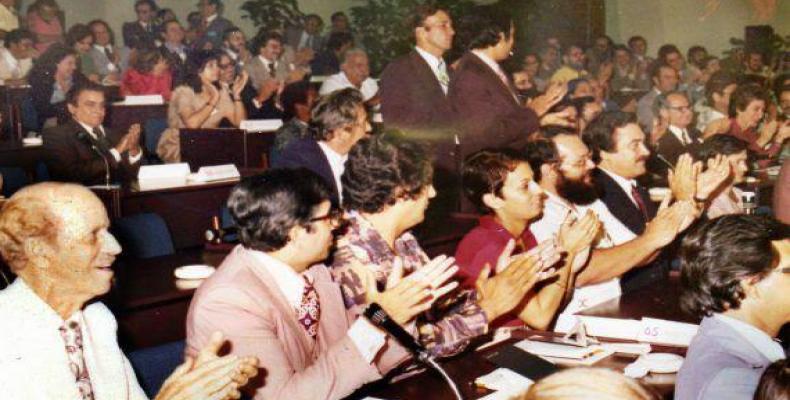
The Fourth Conference “The Nation and the Emigration” will take place from April 8 to April 10 in Havana. by Charles McKelvey February 24, 2020... More
More Views
- United States votes against UN resolution in favor of the Palestinian people to self-determination
- Granma seeks alternatives to continue classes in earthquake-affected centers, with teachers offering their homes
- Annual solidarity conference of National Network on Cuba underway in U.S. city of Detroit, Michigan
- World Bank reports Israel’s aggression inflicts $8.5 billion in economic losses on Lebanon
- ELAM Alumni Congress concludes in Cuba

